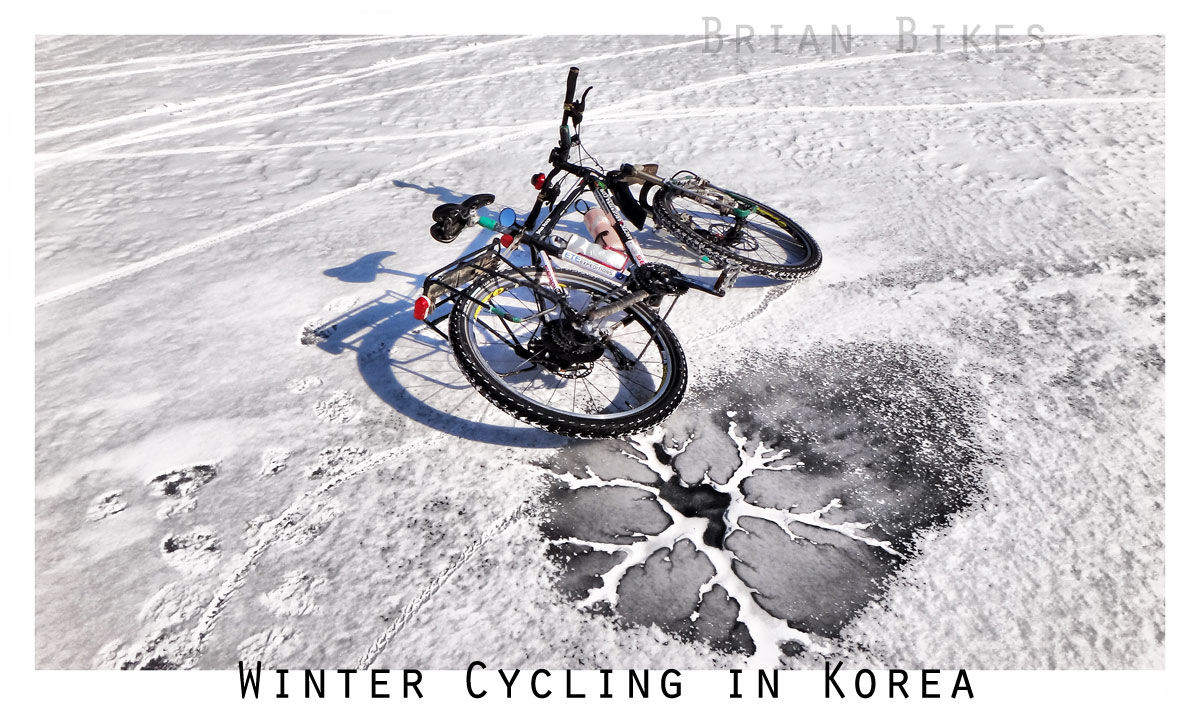
Dr. Stephen Fabes (UK) setting off on his Santos Travelmaster
The Daredevil Doctor from Lou Hamilton on Vimeo.
I've recently joined friends/supporters of Dr. Stephen Fabes (UK) who is cycling 6 continents to investigate professionally and clinically the severe tropical diseases (HIV, AIDS, Malaria, TB) that remain epidemic in developing and undeveloped countries around the world. His bicycle World Tour will cross 6 continents, and he's blogging about it here. This is a brief introduction to the documentary that will be reported back on his WT expedition. Steve's chosen a custom built, Santos Travelmaster. All sounds good for Dr. Steve Fabes, great to see another WT cyclist setting off supporting excellent charities. If your interested in following his expedition, supporting his cause, or offering WT moral support, keep up with him on his 6 continent, 5 year, WT Bicycle Expedition.









